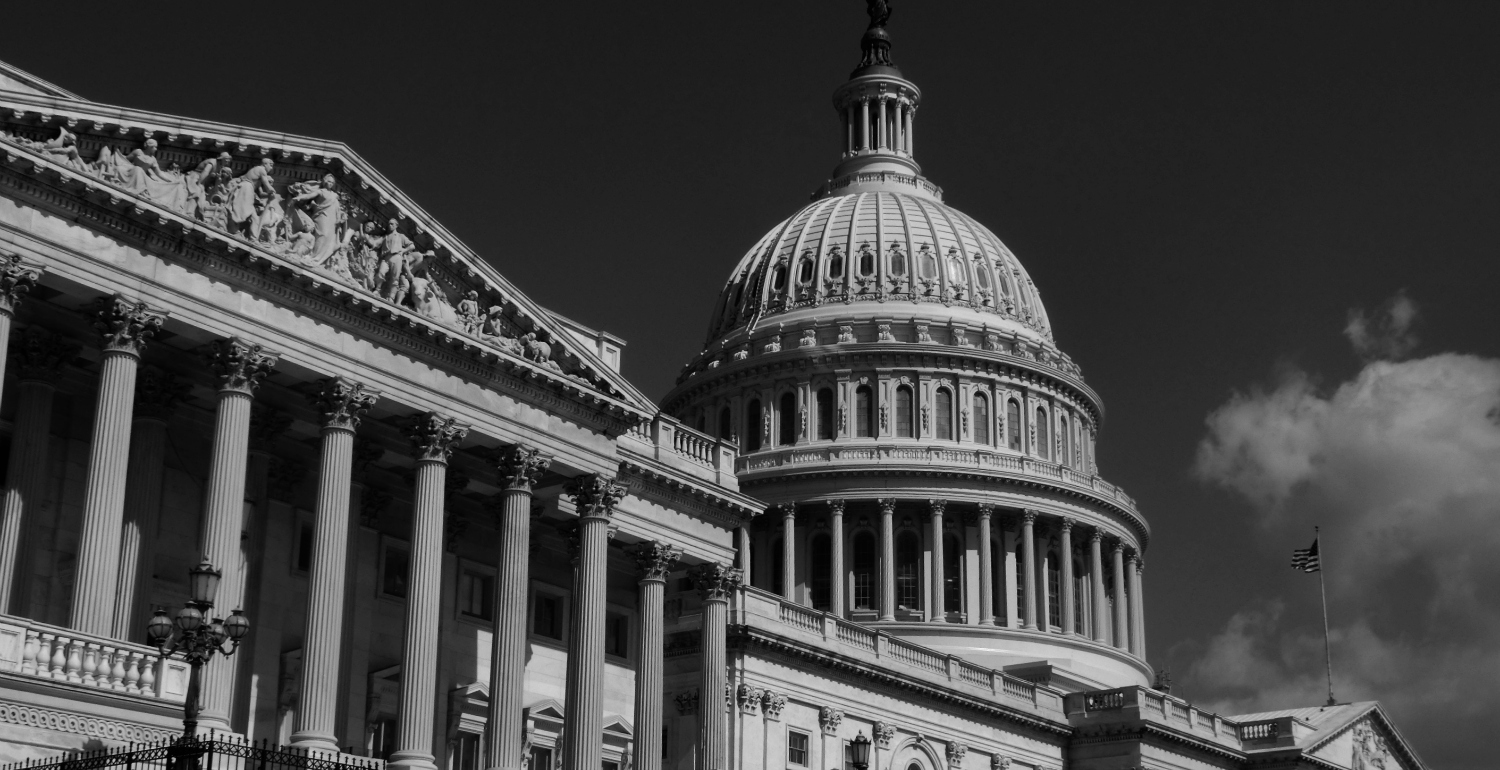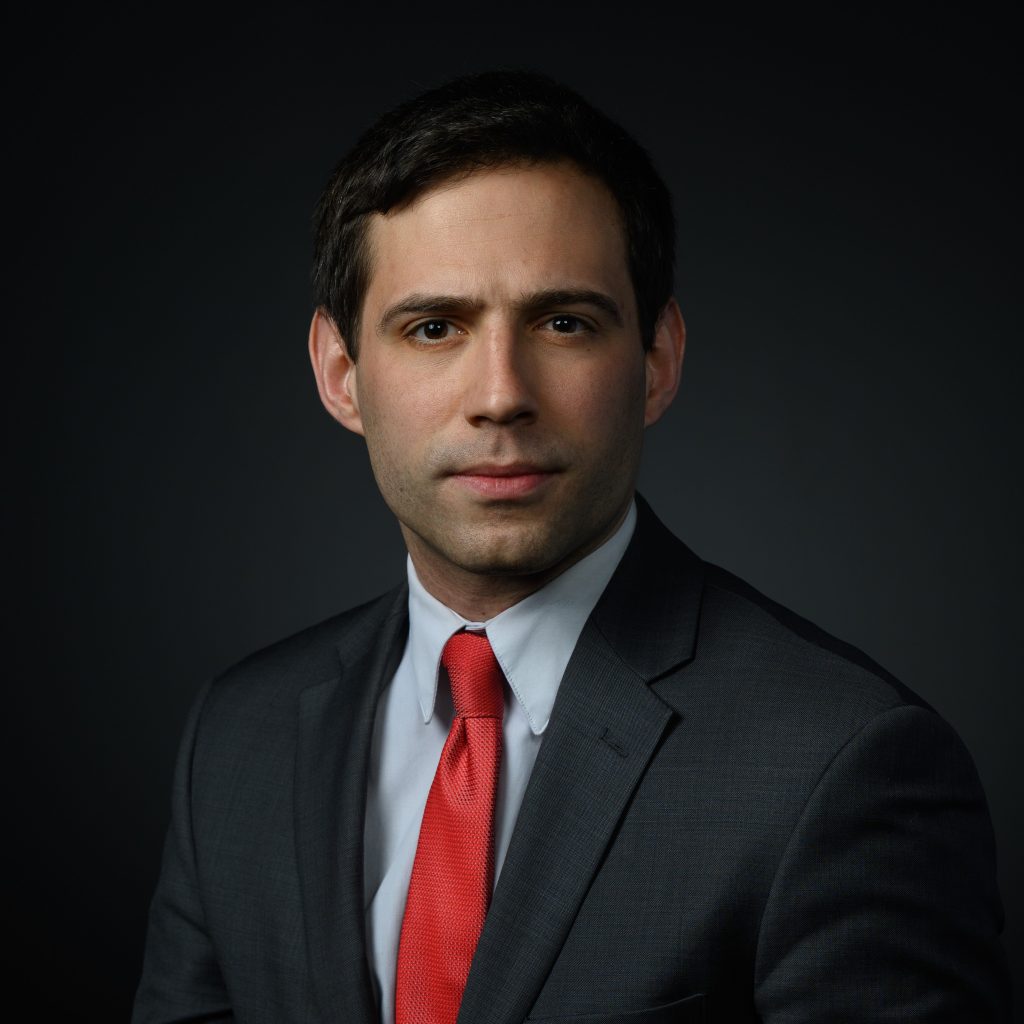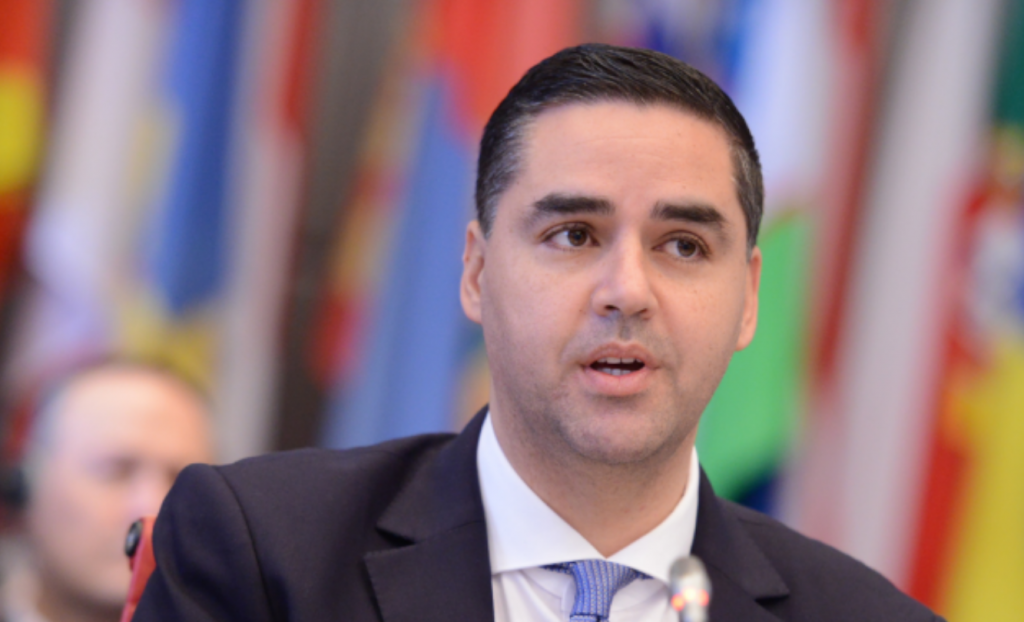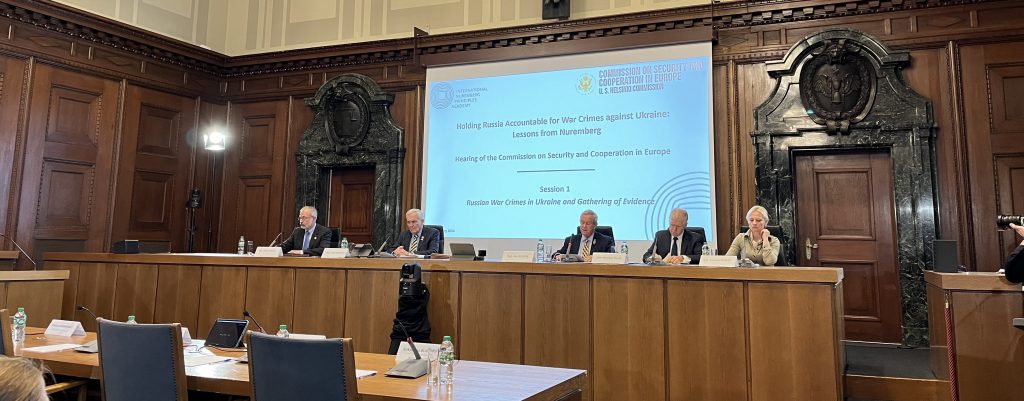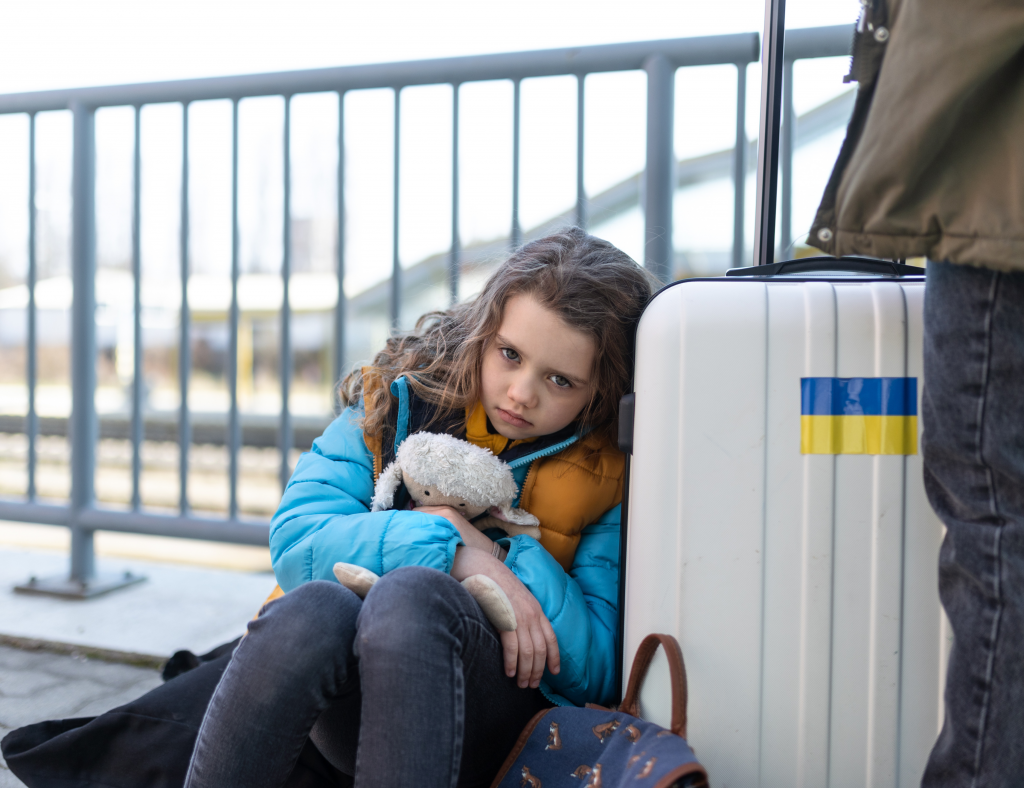“After decades of struggle since regaining its independence, Russian influence is making a comeback in Georgia. To its shame, Georgia’s ruling party, defying the Georgian people’s Euro-Atlantic choice and against the advice of its closest friends, is again pushing a Russian-style foreign agent bill. This bill, alongside other attacks on Georgia’s increasingly diminished democracy, aims to undermine civil society, suppress free thought, and undemocratically cement power for the regime.
“It is appalling to see Georgia’s government so brazenly attack the will of its people and its relationship with the United States and the EU. The United States has been a committed friend to Georgia, providing concrete security assistance, political support, and billions of dollars of financial aid. Russia, by contrast, has only brought misery, destruction, and military occupation.
“Comparisons to FARA or other Western foreign influence monitoring mechanisms is deliberate disinformation that parrot tired Kremlin talking points. The United States remains a friend to the Georgian people’s democratic and Euro-Atlantic aspirations, and we will continue to support those principles. We urge the Georgian authorities to divert from this destructive path.”

